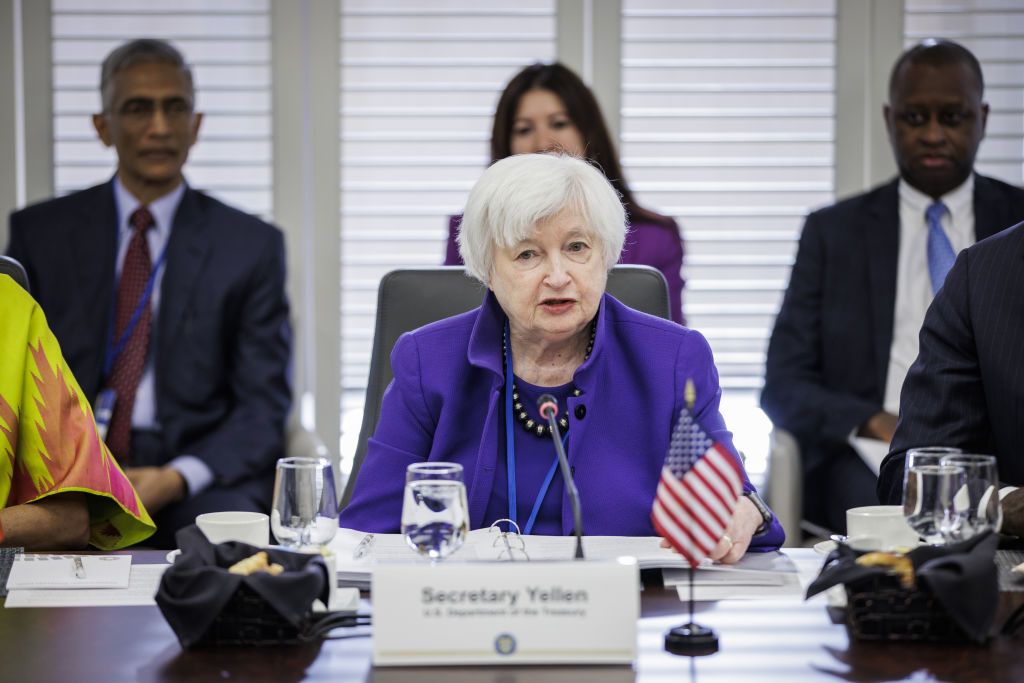Washington Post: Olena Zelenska declines State of the Union invitation

Ukraine's First Lady Olena Zelenska opted not to accept an invitation from the White House to attend March 7 State of the Union address. This choice highlights the complex political challenges Ukraine faces as its forces continue to grapple with ongoing war.
The initial plan was to seat first lady Jill Biden alongside Olena Zelenska and Yulia Navalnaya, the widow of Russian opposition figure Alexei Navalny, who recently died in prison. This arrangement aimed to present a powerful image of both women, symbolizing resistance against Russian leader Vladimir Putin, during President Biden's address to Congress, sources familiar with the planning told the Washington Post.
However, Navalnaya's potential attendance raised concerns among Ukrainian officials, according to individuals familiar with Kyiv's discussions. Despite her late husband being widely revered as an anti-corruption advocate who bravely opposed Putin, Navalny's past statements regarding Crimea's annexation by Russia in 2014 have cast a shadow over his legacy in Ukraine.
According to a White House official, Zelenska's decision was likely influenced by "schedule conflicts." The official mentioned that the seating plan is typically finalized towards the end of the planning process.
Navalnaya also opted out of attending Biden's address, with her spokeswoman citing fatigue as a contributing factor.
According to a U.S. official, it is likely that the White House did not communicate to Kyiv that Navalnaya had chosen not to attend. Individuals familiar with the situation interviewed by the Washington Post, who, like requested anonymity to discuss confidential deliberations, indicated that Navalnaya's attendance was not the sole concern for Ukrainian officials.
As Ukraine is actively urging House Republicans to facilitate a vote on President Biden's $60 billion aid request, U.S. House Speaker Mike Johnson has met privately with Republicans who support military aid to Ukraine about crafting an alternative foreign aid bill in the House. Republicans hope to finalize their proposal and bring it to a vote by late March or April.











